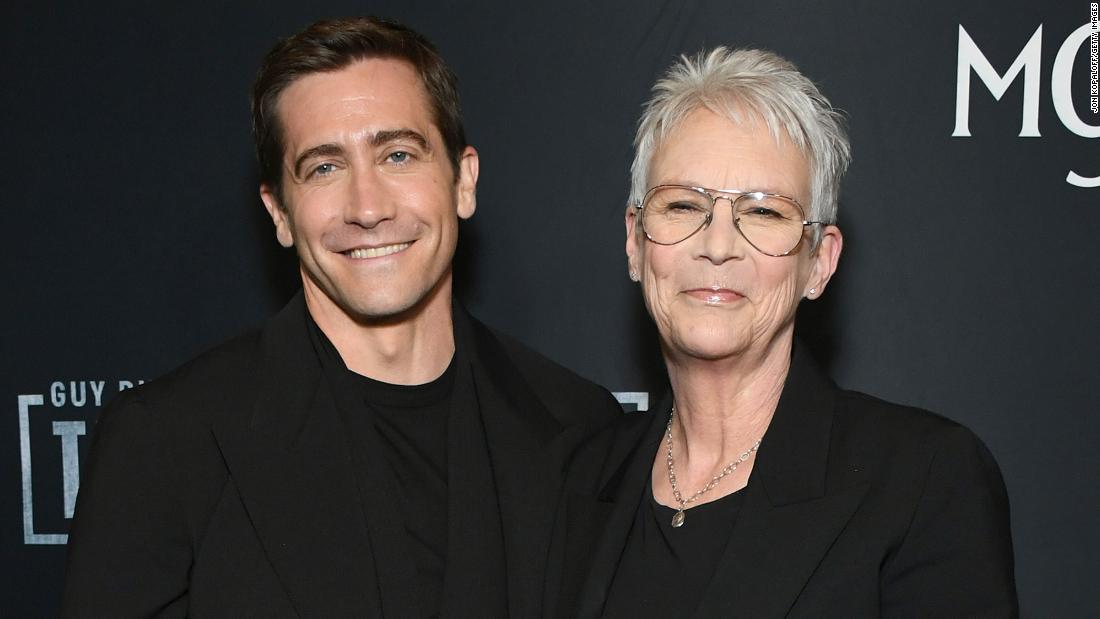BEN Wallace has urged Britain to withdraw from a global landmines ban championed by Princess Diana.
The former Tory defence secretary claimed the weapons were vital to fend off Russia.
GettyDiana famously strolled through a landmine-ridden site in Angola in 1997[/caption]
Getty – ContributorThe Princess attended the site with demining charity, the Halo Trust[/caption]
AFPFormer defence secretary Ben Wallace urged Britain to withdraw from a global landmines ban[/caption]
Britain signed up to voluntary bans on landmines, in 1997, and cluster bombs in 2008, as they kill and maim civilians decades after conflicts end.
Landmines are placed on or in the ground and are usually triggered by pressure or tripwires.
Cluster bombs are miniature bomblets usually scattered from larger rockets and remain unexploded for years – until they are picked up or mishandled. Children mistake them for toys.
But Wallace slammed the bans were “old and out of date” and said they had hamstrung UK support for Ukraine.
He said: “From my time as Secretary of State for Defence, I have first-hand experience of how the Ottawa Treaty prevented us and others from helping Ukraine.”
He added: “I was beset by lawyers applying old and out of date treaties to new capabilities which are vital to saving life and to countering Russian lethality.”
“Unless these treaties can be updated to reflect modern security imperatives, we must leave them.”
It comes after Poland and three Baltic states said they would withdraw from the agreements to defend their borders from Russia.
A report by the Policy Exchange think tank warned “decisive action is required”.
Britain signed the Ottawa Treaty landmines ban in December 1997, weeks after Princess Diana died in a car crash in Paris.
AFPSmoke billowing from a residential building following a missile attack in Sumy, northeastern Ukraine, on March 24[/caption]
AFPUkrainian rescuers helping an injured woman evacuate a residential building[/caption]
She had championed the landmine ban and visited deminers in Angola where explosives left over from civil wars killed and maimed countless children.
Wallace insisted the bans were designed to stop “reckless use by certain powers”.
But he said: “Russia, China , North Korea are the very powers which have refused to sign up to such prohibitions.”
The CEO of the Halo Trust demining charity, ex-Major General James Cowan, said it would be a “crying shame” if the UK withdrew.
But he insisted the treaty had to evolve to stay “relevant” today.
The former Black Watch commander, who served in the wars in Iraq and Afghanistan, said: “I was an infantry soldier and am now leader of the Halo Trust so I have seen this problem from both sides.
“It would be a crying shame if the United Kingdom left the Mine Ban Treaty.
“However, those supporting the treaty must fight to ensure its continued relevance to the issues of today.”
The landmine ban had 164 signatories including every Nato nation except America.
In response to the announcements by Poland, Latvia and Lithuania to leave the Ottawa Treaty, it said: “The Halo Trust understands the deadly nature of landmines better than most.
We face these weapons around the world every day, witnessing first hand the harm they cause to civilians and communities.
“But the invasion of Ukraine has created a new reality for the defence of Eastern Europe.
“We urge all states – whether signatories or not – to support landmine clearance with robust funding mechanisms to build on this progress in the years to come”.
Ukraine and Russia use drones to drop mines and routinely fire rockets armed with cluster munitions.
GettyBen Wallace on a visit to Bovington Camp, Dorset in 2023[/caption]
GettyDiana in her body armour during the Red Cross campaign visit[/caption]
ReutersDiana holding a landmine in Huambo, Angola[/caption]
Published: [#item_custom_pubDate]















































































































